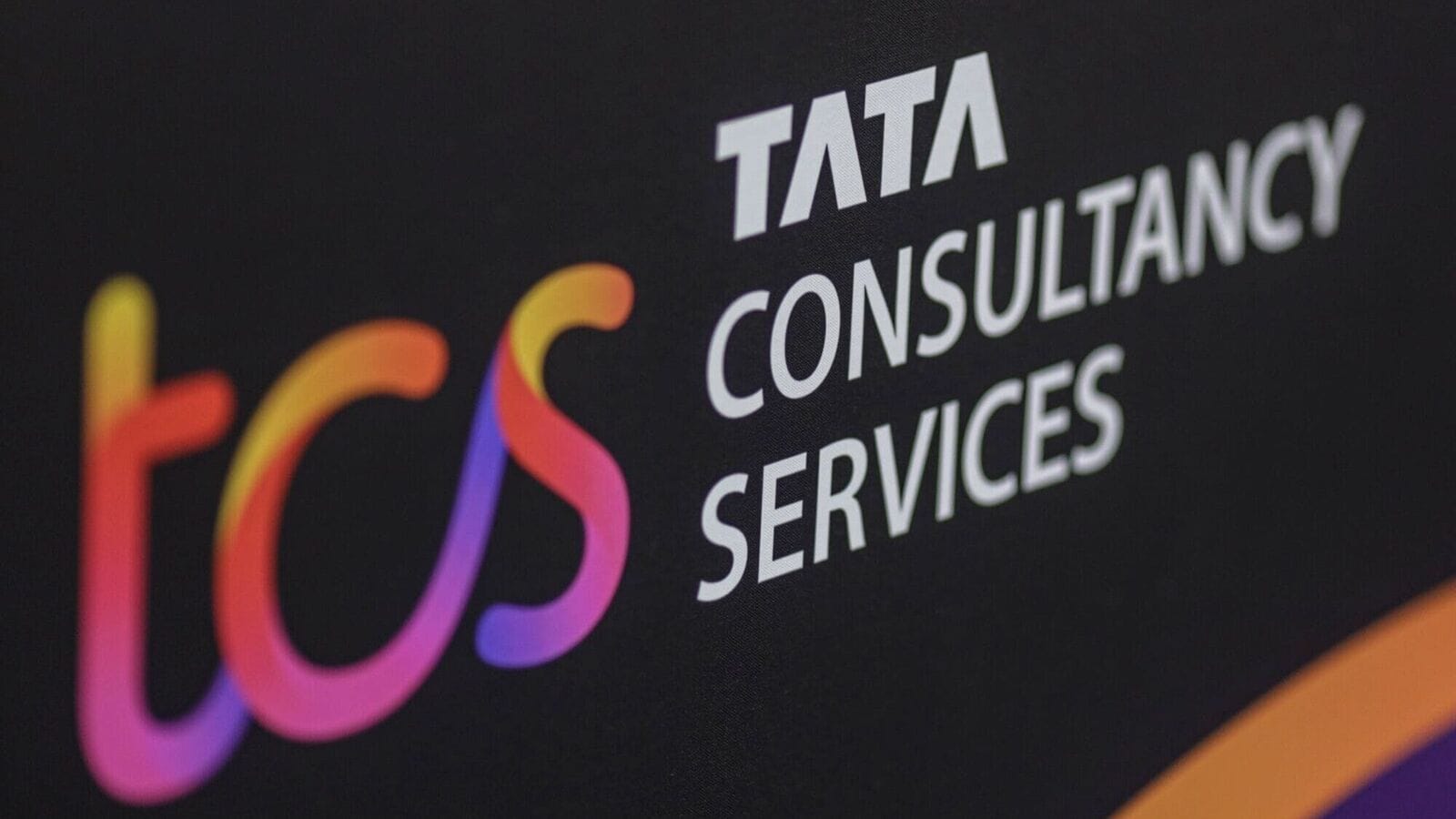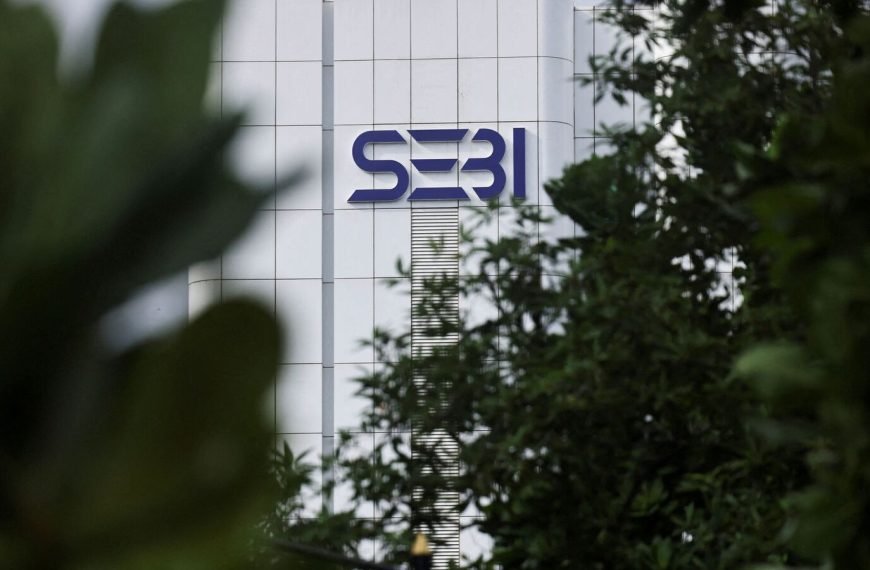Tata Consultancy Services (TCS), India’s leading IT services firm, has announced a postponement of wage increases for its employees for the fiscal year 2026. This decision comes at a time of global trade uncertainties that have raised concerns about demand across the industry. With a workforce of 607,979 as of March 2025, TCS plans to evaluate the timing of wage adjustments based on market conditions later in the year, according to Milind Lakkad, the company’s Chief Human Resources Officer.
Delayed Wage Hikes and Economic Implications
The delay in wage increases has generated anxiety among employees, sparking discussions about its potential repercussions on both the Indian and global economies. Analysts interpret TCS’s cautious stance as a reflection of prevailing uncertainties in the market, particularly as fears of a U.S. recession loom.
- Impact on Employee Morale: Concerns are rising regarding how this wage delay could affect employee satisfaction and retention.
- Market Reaction: The news has contributed to a recent downturn in IT stocks, with significant players like Infosys experiencing drops to 52-week lows.
Expert Insights on Economic Trends
Sujan Hajra, Chief Economist at Anand Rathi Shares and Stock Brokers, emphasized that TCS’s comments illustrate an environment of uncertainty rather than a clear signal of diminishing global growth. In fact, as economic growth slows, companies may intensify their focus on cost-cutting measures, potentially increasing the demand for outsourcing services.
Madhavi Arora, Chief Economist at Emkay Global Financial Services, highlighted that TCS’s wage hike deferment reflects broader economic uncertainties, particularly connected to the U.S. economic landscape. Given that approximately 60% of TCS’s revenue is sourced from U.S. clients, any instability in the U.S. economy can significantly influence operational strategies for Indian IT firms.
The IT Sector’s Future Outlook
The ramifications of TCS’s wage increase delay may not be confined to the company itself. Analysts suggest that this trend could resonate throughout the entire IT sector, potentially prompting similar decisions from other major players like Infosys and Wipro, both of which are scheduled to announce their quarterly earnings soon.
- Employee Mobility: While some employees might consider switching companies in light of stagnant wages, they may encounter similar challenges across the industry.
- Attrition Rates: TCS has seen its attrition rate rise from 13% to 13.3% quarter-over-quarter, signaling potential challenges in maintaining workforce stability.
Financial Performance and Growth Plans
Despite these challenges, TCS remains optimistic about its growth trajectory for fiscal year 2026. The company anticipates improved performance compared to fiscal year 2025, particularly in international markets. Key sectors such as Retail, Consumer Packaged Goods (CPG), Travel, and Automotive may experience fluctuations due to tariffs, while the Banking, Financial Services, and Insurance (BFSI) sector continues to thrive, contributing over 30% to TCS’s revenue.
In the fourth quarter of fiscal year 2025, TCS reported a consolidated profit after tax of ₹12,224 crore, a slight decrease of 1.7% from the previous year. The company’s operational revenue for the quarter was ₹64,479 crore, marking a 5.3% year-on-year increase.
Conclusion
TCS’s decision to delay wage hikes highlights the complex interplay between global economic conditions and employee compensation strategies. As the IT landscape evolves, companies may need to strike a balance between managing costs and fostering employee engagement to ensure sustained growth in an uncertain market.











